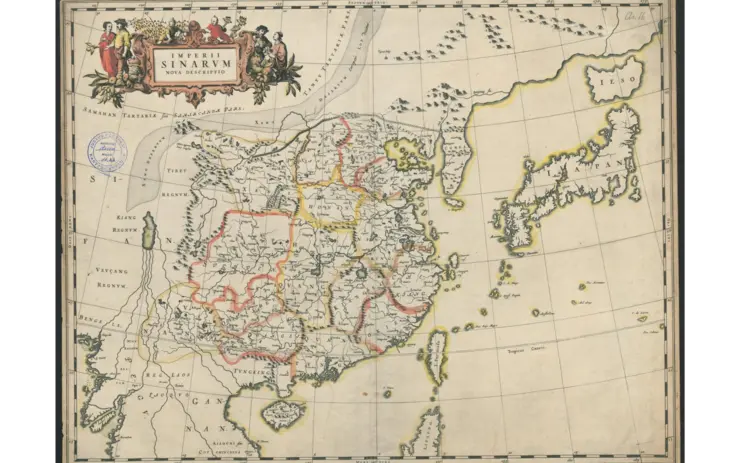Gerda Henkel Fellowships - Research Tandems on Global Intellectual History
The Global Intellectual History deals with transnational and especially transcultural linkages of bodies of knowledge. Yet, questions about global interconnections and transfers pose a special challenge to researchers: no one can have all the necessary language skills and competences, possessing at the same time expertise for Europe and China, for Africa and South America, or for Islam and Hinduism.
This is where the programme steps in, by focusing on a collaborative form of scholarly work. Two researchers with complementary expertise on a particular research question are invited to apply with a joint project outline, e.g. a Sinologist and an expert on 18th century Europe, a specialist in Islamic studies and a Renaissance scholar, or an Africanist and an expert on Latin America. In this way, questions will be addressed that will render far-reaching transmissions or interconnections visible.
Working with Gotha's treasure trove of sources should serve as a basis for a collaborative publication or research proposal.
It is a distinctive feature of Gotha that it offers three institutions in one place: (1) one of the largest early modern libraries in Germany, (2) an early modern residential palace with extensive collections of objects and art from all over the world, and (3) a university research centre with expertise in the history of ideas, culture and knowledge.
This enables not only competent guidance in research, but also the combination of different types of sources: written sources such as manuscripts and old prints can be linked with objects from the ducal cabinet of curiosities, the ethnological collection, the Perthes map collection, the painting gallery, the Chinese cabinet, etc. – and all in the collection's original location, and thus in the context of historical practices of collection. This environment can create considerable added value for analysis and far greater significance in findings.
The new fellowship programme aims to create synergies between subject- and language-bound bodies of knowledge and, in particular, to help bring expertise from the global south and so-called minor disciplines into research projects at the research centre. In this way, we can shatter narratives established in early modern research and decenter European perspectives.


